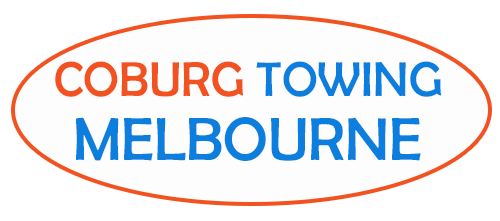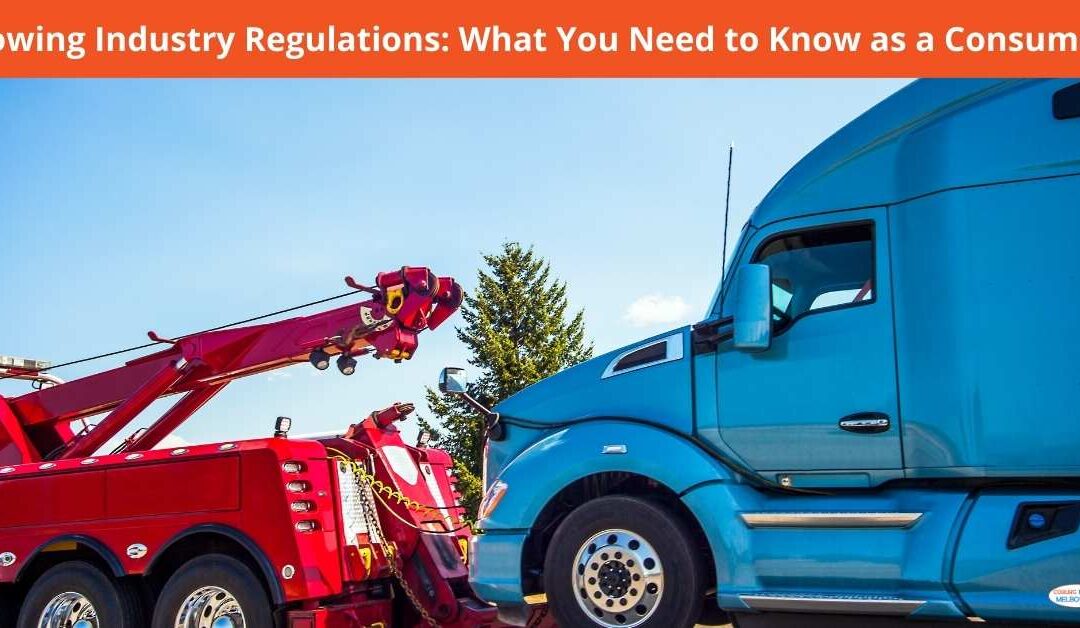When your vehicle breaks down or gets involved in an accident, towing services come to the rescue. However, not all towing companies operate under the same guidelines. As a consumer, understanding the towing industry regulations can help protect your rights and ensure you’re dealing with a reputable company. Here’s a breakdown of the most important things you need to know about towing regulations.
1. Licensing and Certification
Towing companies are required to have proper licensing and certification to operate legally. Regulations can vary by state or region, but generally, tow truck operators must complete training and obtain a license. This ensures they know how to handle different types of vehicles and situations. As a consumer, you can ask for proof of certification or licensing before agreeing to services.
For instance, in places like Melbourne, Australia, towing operators must comply with strict licensing standards. They should also have liability insurance to cover any potential damages caused while towing your vehicle.
2. Transparency in Pricing
One of the most common complaints about towing services is unexpected or hidden fees. Many regions require towing companies to provide clear and upfront pricing, either through a written quote or a price sheet that breaks down the cost of towing services. Be cautious if a towing company refuses to give you an estimate or seems vague about pricing details.
In some areas, regulations mandate a maximum fee towing companies can charge, especially for non-consensual tows (like when a vehicle is towed from private property). Always ask for a receipt that itemizes the charges, and if possible, compare it with local guidelines on towing fees.
3. Non-Consensual Towing and Your Rights
Non-consensual towing, also known as involuntary towing, happens when a vehicle is towed without the owner’s permission. This usually occurs when a vehicle is illegally parked or abandoned. As a consumer, it’s essential to know your rights in such situations. Regulations often require towing companies to notify the vehicle owner within a certain time frame after towing, and some areas limit how far a car can be towed.
In most regions, towing companies must take your vehicle to a registered storage facility, and they are prohibited from keeping your vehicle as leverage for extra fees. If your car was towed without your knowledge, you have the right to retrieve it upon payment of the legally required fees, which should be clearly outlined.
4. Storage Fees and Vehicle Retrieval
Once your vehicle is towed, you may be charged storage fees for the time it spends in a towing company’s lot. Regulations in many areas set a cap on daily storage fees and require towing companies to provide clear instructions on how to retrieve your vehicle. Be sure to ask about these fees upfront and make plans to retrieve your vehicle as soon as possible to avoid accumulating excessive charges.
Some regulations also specify the hours during which you can retrieve your vehicle. For example, in certain regions, towing companies must be open during regular business hours and allow vehicle pick-up without unreasonable restrictions.
5. Consumer Protection and Complaints
If you believe you’ve been overcharged or treated unfairly, there are steps you can take. Many regions have consumer protection laws specific to the towing industry. These laws may cover issues like price gouging, unauthorized towing, or damage to your vehicle. In cases of dispute, you can file a complaint with local regulatory bodies or consumer protection agencies.
It’s also a good idea to document everything—take photos of your vehicle before it’s towed, keep a record of your interactions with the towing company, and save all receipts. This evidence can help support your case if a dispute arises.
6. Towing in Case of Emergencies
In emergencies, such as after a car accident, you may not have the luxury of researching towing companies. However, you still have rights as a consumer. Emergency towing services are usually covered under the same regulations as regular towing services. Some regions require tow truck drivers to give you a written authorization form before towing your vehicle, detailing where it will be taken and how much it will cost.
Additionally, in some countries or states, law enforcement may be involved in arranging a tow after an accident. If this happens, you can ask the officer for information about the towing company and ensure that it’s a reputable business.
Final Thoughts
Understanding towing industry regulations can help you avoid unnecessary fees, ensure the safe handling of your vehicle, and protect your rights as a consumer. Whether you’re calling for a tow after a breakdown or dealing with non-consensual towing, always be proactive about asking questions and verifying the legitimacy of the company. Being informed can save you both time and money.
If you are in Fawkner, Victoria 3060, and looking for a car removal service, this is the best way to visit us.
Coburg Towing Melbourne
31 Cameron St,
Coburg VIC 3058
03) 9999 7525


Recent Comments